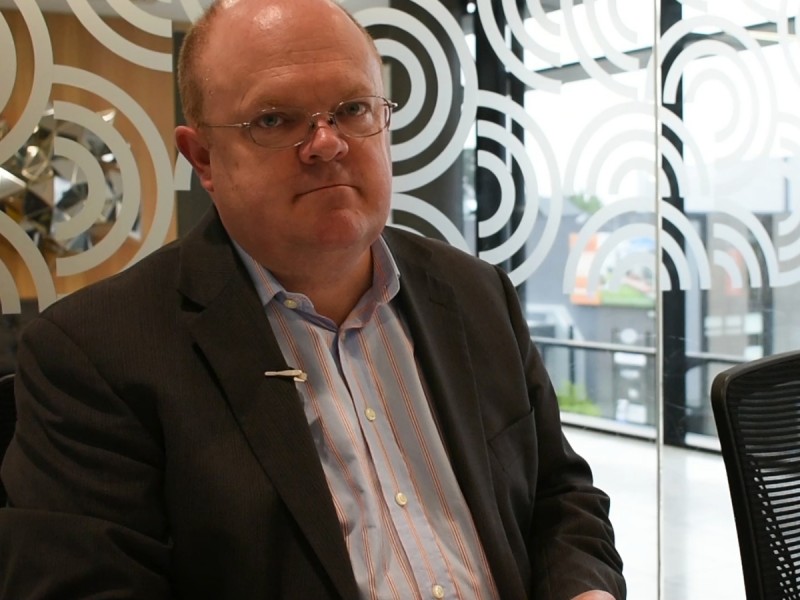Duncan Cotterill Special Counsel Jonathan Forsey, who specialises in technology related aspects of the law, agreed with this point.
He said the new law "runs the risk of being the only thing that's done, rather than something proper being done".
Forsey described the new legislation as rushed and very poorly drafted.
Social media companies need to put more resources into monitoring content, he said, adding: "If they are proactive and prevent this stuff from coming out, that makes it a lot easier for everybody."
"I think once the material is available on the internet ... it's almost too late at that stage," he said.
Digital Industry Group Inc (DIGI), which represents Facebook, Google, and Twitter in Australia, said in a statement that content moderation was a "highly complex problem."
DIGI Managing Director Sunita Bose said solving the problem requires consultation with the technology industry, legal experts, the media and civil society.
"That didn’t happen this week," Bose said.

